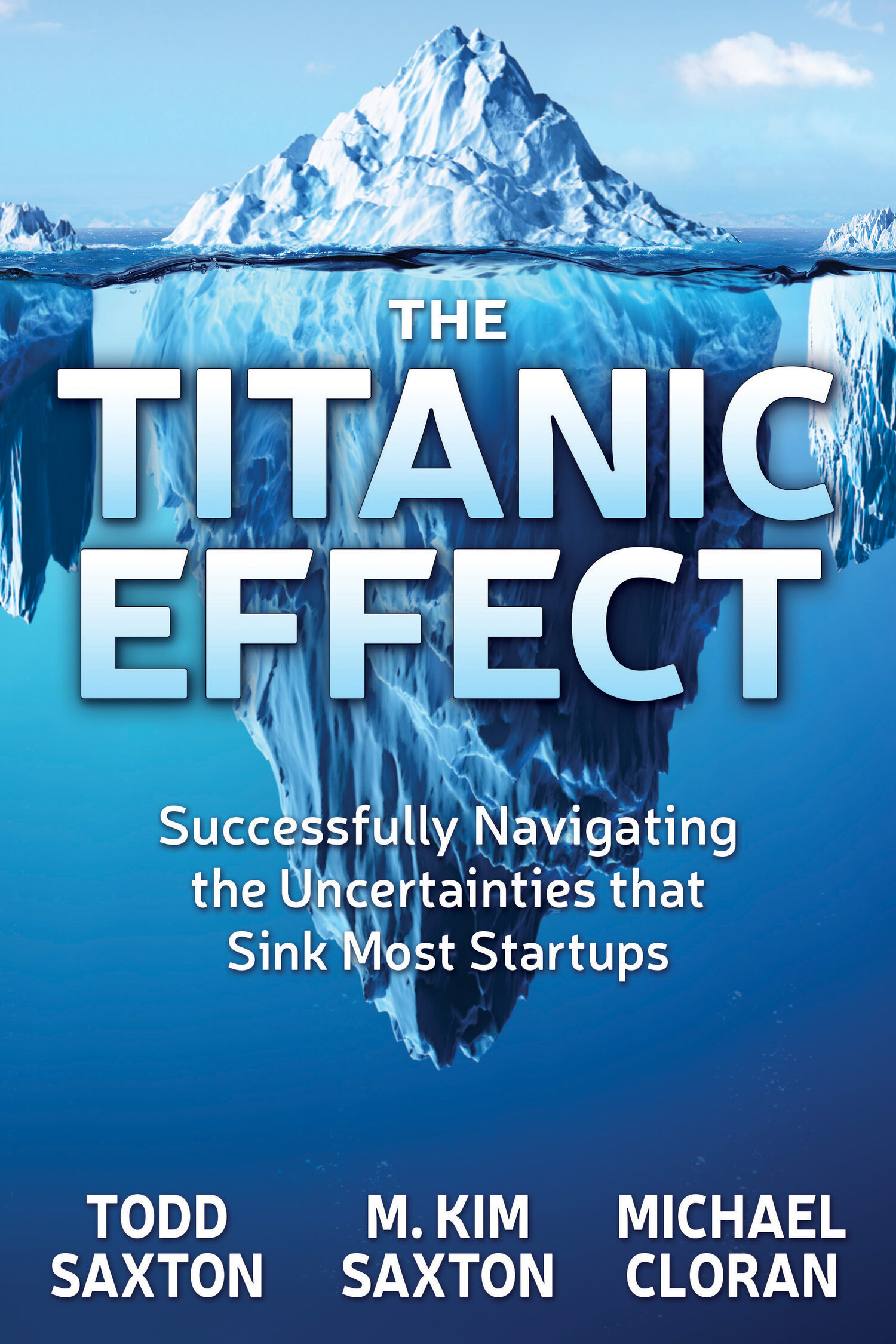You have to be aware of your competition in order to establish customer value and differentiate yourself. That premise applies even to books like The Titanic Effect: Successfully Navigating the Uncertainties that Sink Most Startups. So, it’s time for us to take a look at our competition.
Most retailers are a bit of a “walled garden” in that they have lots of data they don’t share with the vendors whose wares they sell. This includes books. What we do know is which are the best-selling books in the categories of “startups,” “new business enterprises,” and “starting a business.” Of course, which specific books are in the top 3 to 10 do change over time. But for the last year, two books have held steady in the top 10, typically at #1 and #2. They are Peter Thiel’s Zero to One and Eric Ries’ The Lean Startup. So, let’s look at what makes our book different from these.







